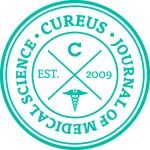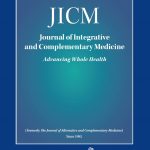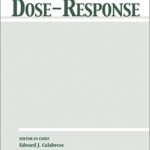L.R. Milgrom, R.S. Hom
Entanglement, knowledge, and their possible effects on the outcomes of blinded trials of homeopathic provings
J Alt Compl Med, 12: 3, 271, April 2006

In two recent studies of double-blind placebo-controlled homeopathic provings, entanglement was reported to have occurred between verum and placebo arms of the trials. This contrasts directly with the entanglement-disrupting effects of blinding, recently proposed as the reason for the failure of randomized controlled trials (RCTs) to demonstrate unequivocally the efficacy of homeopathy. It is proposed here that such entanglement between remedy and placebo during these double-blind placebo controlled provings is the direct result of the blinding process. A previously developed theoretical model of entanglement in homeopathy among patient, practitioner, and remedy (called PPR entanglement) was used in this investigation. In agreement with the results from the proving studies, the model predicts that application of the double-blind RCT methodology to homeopathic provings leads to entanglement between both remedy and placebo arms of the trial. These theoretical findings can be understood in terms of the act of blinding leading to loss of information because of quantum-like state superposition of the verum and placebo proving groups. This is compared to conclusions drawn from the well-known double-slit experiment of quantum physics, and quantum information processing. It leads to a suggestion for testing entanglement in homeopathic provings.







